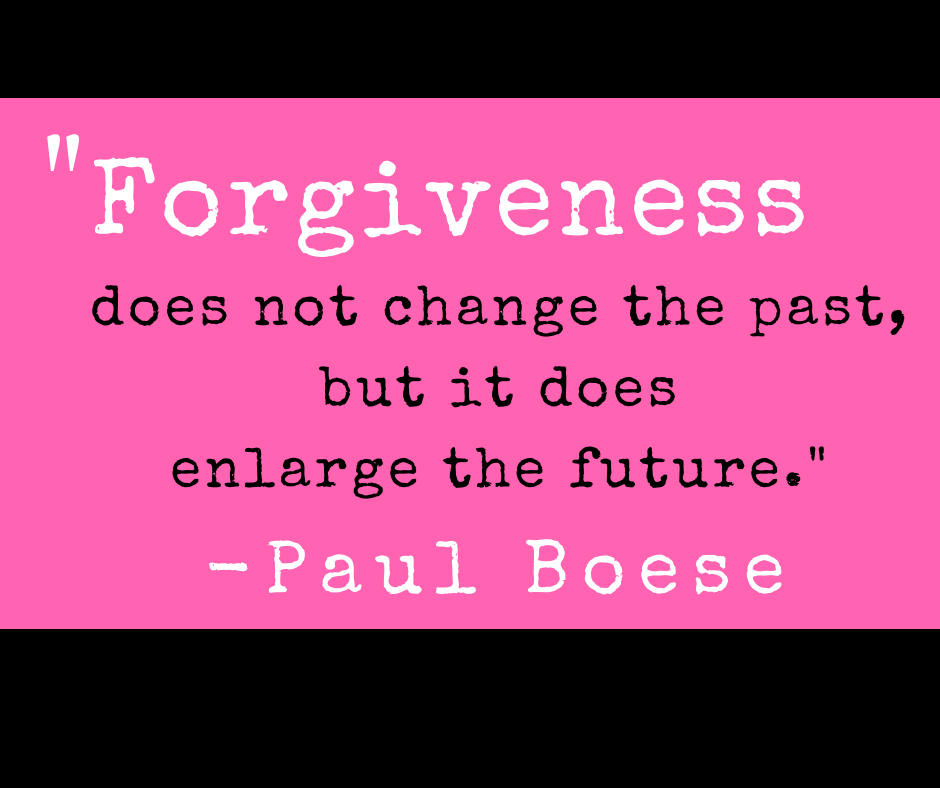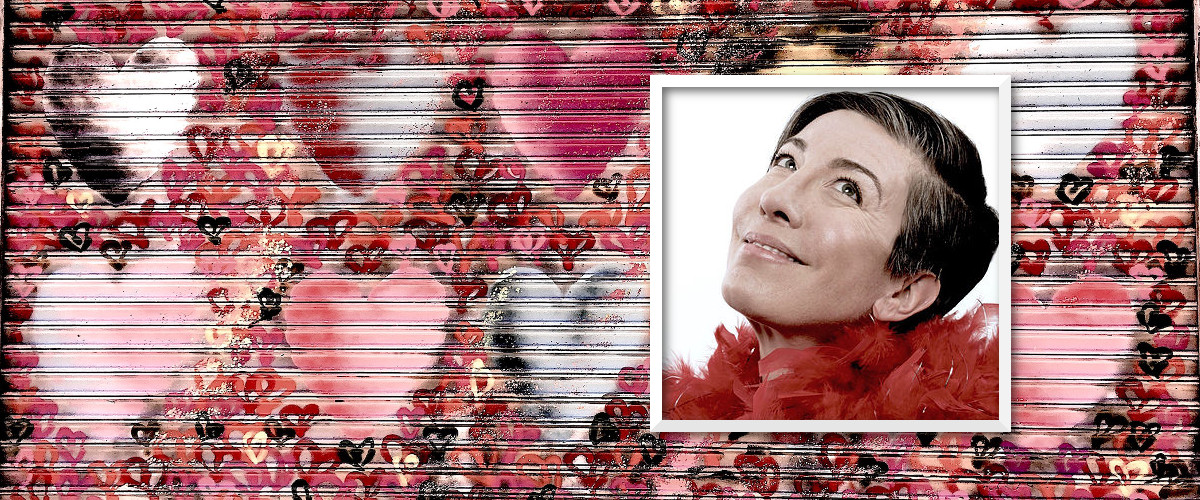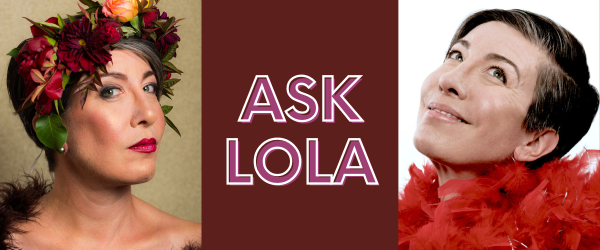It’s January 2020 — a brand new year, a fresh decade. New beginnings call for closing out past accounts, so this month I thought I’d talk about the importance of forgiveness.
No matter how wrong or painful whatever happened to us was, the fact is if we hold onto resentment only harms ourselves. That fiery shield of anger — all that does is prolong the pain, I’m sorry to say. Churning and rumination cover up the fact that our hearts are broken. We’re still living with the heartbreak of disappointment, the sting of humiliation, the disbelief of betrayal. The process of forgiveness allows us to let go of the past, so we can live in the present.
Moving Forward vs. Forgetting
Now, I’m aware that forgiveness can be a loaded topic, so let me be clear about how I’m using the term. I’m not talking about “forgiving and forgetting,” the faith-based notion of turning the other cheek and acting like whatever bad thing didn’t happen. We are under no obligation to whitewash our history, and we have every right to cut toxic people out of our lives.
What I’m talking about is drawing a line under the pain of the past and moving on. It’s unfortunate the English language doesn’t have a better word for this process. When I use the term “forgiving,” I mean no longer telling ourselves over and over the story of our terrible treatment. Putting to rest the fantasy that the person who harmed us comes to their senses and apologizes for what they did. Letting go of the need for revenge.
It turns out, psychologists are finding that forgiveness can result in significant improvement in mental health and wellbeing, setting aside any additional spiritual benefit. So, without letting anyone off the hook for their bad behavior, let’s look at how to leave the past where it belongs — behind us — and ways move forward.
The Forgiveness Process
The first step is to write a letter to whoever hurt you. This is a time-honored tradition, so don’t skimp. Take out a piece of paper and a pen, and give yourself enough quiet time to think through everything that you want to say. Be sure to include these four things:
- An explanation of everything that happened as it happened.
- An explanation of your emotional journey, including how you felt as events unfolded, what you’ve experienced in the aftermath, and how you feel now.
- Tell the story of what you wish had happened instead. This step is very important, since in order to move on, we must say goodbye to our dreams of how we wanted things to be.
- Finally, write out in your own words how you are ready to move past this event and get on with living your life.
If you were raised in a religious tradition with a forgiveness ritual that remains meaningful to you, such as lighting a candle or incense or saying a prayer, be sure to include that step in your process.
If you’re not so much of a verbal person and you find it easier to express yourself visually, find yourself a big piece of butcher paper and draw or paint your story on it. Finger painting can be especially visceral and gratifying for this purpose.
Once you’re done, what you do with your letter or artwork is up to you, but I encourage you to burn it. Fire is transforming and purifying, with a symbolic finality to it that affirms: “Whatever happens next is new.”
Pay attention to any resistance you have to taking that step. Your natural impulse might be to save your letter for later, but if your goal is to start the next phase of your life, ask yourself why you feel the need to stay attached in this way.
Or, rather than burning, you might have a desire to send your letter to whoever hurt you. But unless you’re 1,000 percent prepared for that person to disappoint you again, I advise against re-engagement. That’s nothing more frustrating than holding onto the hope that they’ll somehow change and become the person you want them to be. The fact is, we have very little power over what other people say or do. The only person we have true power over is ourselves. As the saying goes, “Forgiveness isn’t for them, it’s for you.”
My favorite quote about forgiveness comes from Paul Boese, summing up the promise of letting go beautifully: “Forgiveness does not change the past, but it does enlarge the future.”
That’s everything I could wish for you in this new decade!
Until next time, be sweet to yourself.
Lola D.

—
Lola Davina is a longtime veteran of the sex industry and author of Thriving in Sex Work: Heartfelt Advice for Staying Sane in the Sex Industry, a self-help book for sex workers available at Amazon, Barnes & Noble, iTunes and wherever else ebooks are sold. Get the audiobook version here. Contact Davina at Lola.Davina@ynotcam.com and visit her on Twitter at @Lola_Davina, as well as on Facebook.
Image of Lola Davina courtesy Pat Mazzera.











Thanks for that powerful words, I am impressed.
Forgiveness is a part of life and we have to imbibe it in our life.